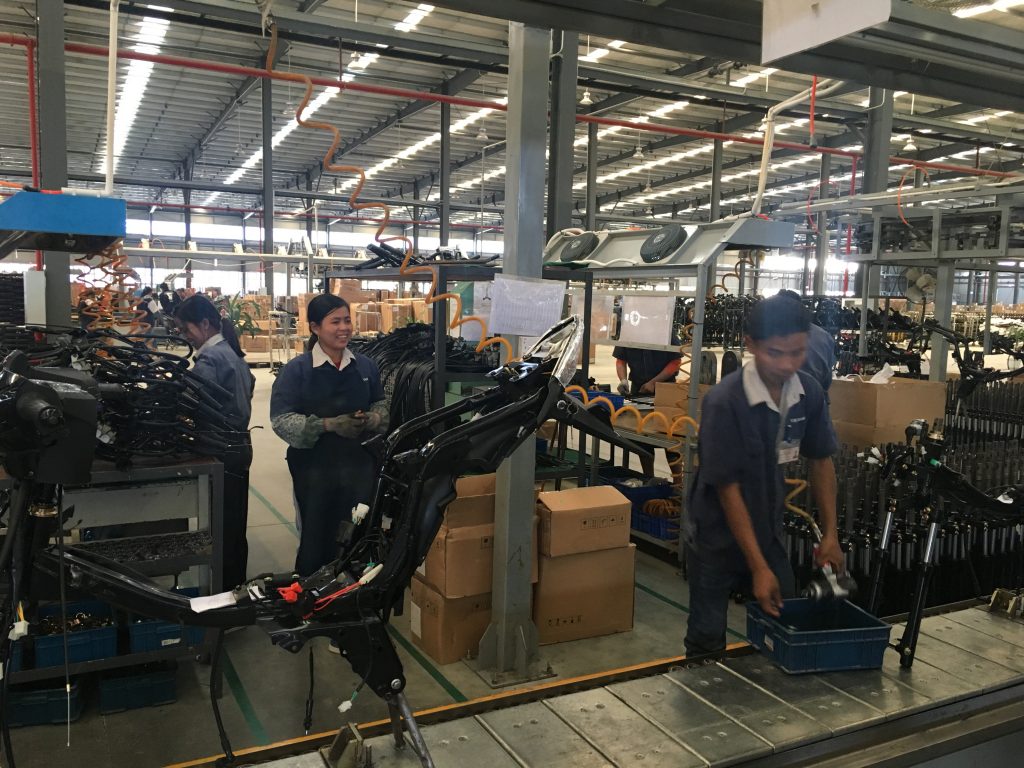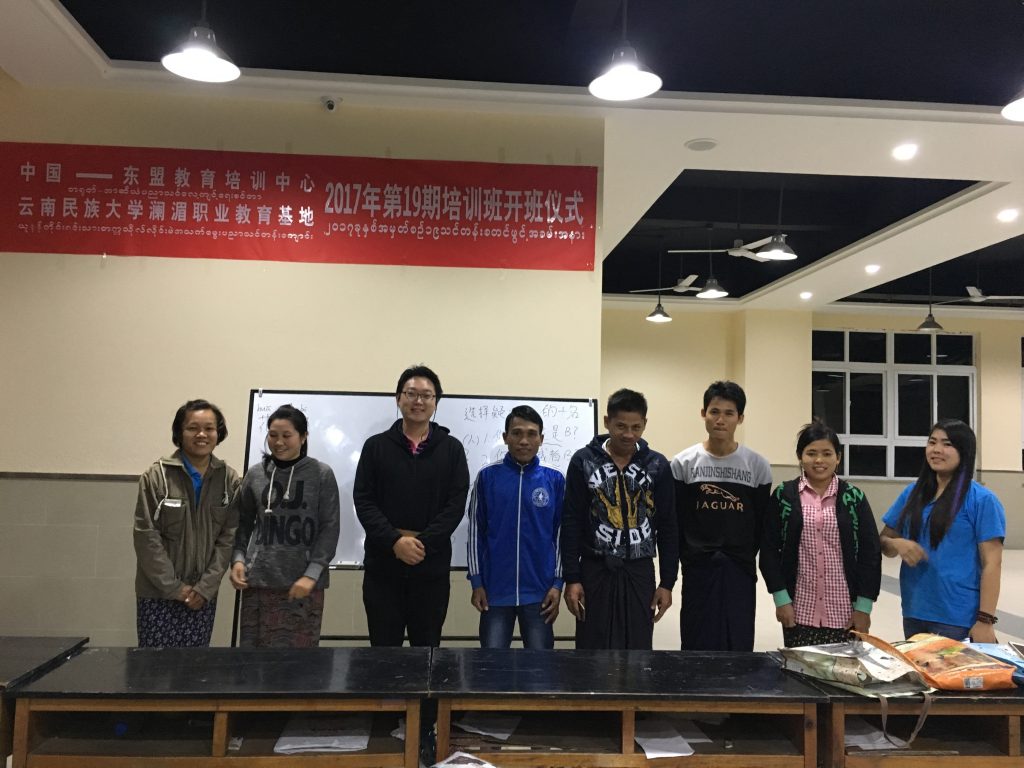現代トルコにおける新しい資本家の台頭とイスラーム経済
対象とする問題の概要 本研究では、アナトリアの虎を中心的な研究対象とする。アナトリアの虎という用語は、1980年代以降に、トルコにおいて経済的な側面で発展してきた地方都市やその台頭を支えた企業群を指して用いられる。そうした企業群の特徴とし…

In political geography, a border generally means the separation of national territories into two nation-states by drawing a line on the map. From the political perspective, borders are very clear, such as militarized construction of fences and walls. On the contrary, socio-economic and cultural aspects appear to be borderless. In reality, borders are closely connected and are reproduced by transnational reconfiguration. Change in land use is associated with changes in socio-ecological systems, and the border landscape can be understood as the complicated encounter between productivity landscapes and rule and landscape plasticity, which means the ability to adjust complicated land uses over time in response to local needs, state plans, and border possibilities.
The major goal of this fieldwork is to understand the typical cross-border interactions and examine how these interactions contribute to changes in the border landscape in the rapidly developing China-ASEAN border area.

Transnational labor migration in urban area (A case study of the Yinxiang factory)
The Yinxiang factory was established to manufacture motorcycles. A total of over 1,000 Myanmar laborers live and work at the factory. The local government in Ruili City, Dehong Dai and Jingpo Autonomous Prefecture, Yunnan Province, China requires that the percentage of Myanmar laborers hired to work in the factory should be less than 70% and local laborers should also be hired to avoid conflict because of the low price of Myanmar laborers. This factory was founded by a company from Chongqing Municipality, and occupies 124 hectares of land. All the Myanmar laborers have been trained and are responsible for their own tasks on the production line. Motorcycles are prepared for export and can be sold as an assembled unit or in separate component parts as an encasement. Myanmar is one of the major importing countries. According to my observations in Myanmar, there are lots of motorcycle repair shops, but still no factories producing motorcycles. Therefore, if Chinese factories move to Southeast Asian countries, and the laborers’ wages are almost same or competitive, will a significant number of Myanmar laborers migrate to China?
Transnational labor migration in rural areas (upland villages)
I identified a new phenomenon regarding land use in upland villages. In late 2017, one businessman from Baicheng City, Jilin Province (northeastern China), came to Myanmar to rent farmland from Jingpo and Han people for fruit cultivation using greenhouses. He hired some farmers from his hometown as agricultural production experts. They grow Physalis pubescens and Hami melons. Half of the rented farmland was first used to conduct experiments regarding fruit cultivation. If the area is suitable for cultivation of these fruits, growing will expand to all rented farmland (to date, half of the rented farmland is abandoned). I am surprised that they are able to cultivate fruits that are usually grown in northeastern China in this area. When the cash boom occurred, the investors mainly hired laborers from the Myanmar side of the border due to a cash crop boom.
Cross-border trade for fruit trade (Watermelon and musk melon)
There is a special area for trading in Muse, known as Muse 105th Mile Trading Zone. The Muse 105-mile Trading zone is a border trading zone that was opened in 2006. In 2013, fruits were mainly exported through Jiegao port. Northeast Gate, a Myanmar company comprised of 60 commission agencies, operates in the 105th Mile Trade Zone. Based on the results of interviews, we are able to ascertain how Myanmar producers (MP) transport goods to the trading zone and the management fee and tax payment procedures. With the help of the Myanmar Commission Agency (MCA), MP can contact the Chinese Commission Agency (CCA) and Chinese buyers (CB). The CCA transport CB from Wanding Town to the 105-mile zone and help them negotiate fruit prices with the MCC and MP by auction. Then, MP cross the border to Wanding Town for food inspection (CBs pay). After that, MP transport goods to the Changhe Company warehouse. There, Chinese trucks wait to re-load the fruit from Myanmar trucks. Finally, CB transport the fruit to inland China to sell on.
Based on my fieldwork, I understand how recent cross-border interactions are occurring and how these interactions contribute to the changes in the border landscape of the China-Myanmar border. In addition, I have obtained some useful information for my further study from the key informant interview. These findings will contribute to my PhD dissertation.
Copyright © 附属次世代型アジア・アフリカ教育研究センター All Rights Reserved.